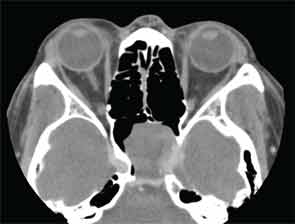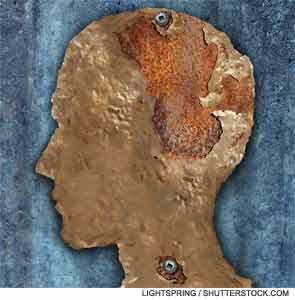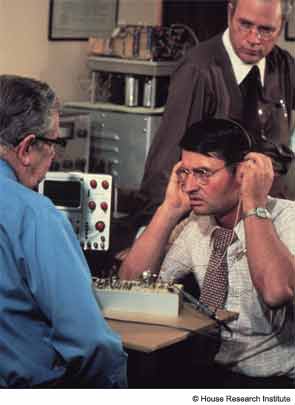Evidence and policy statements favor using a myringotomy tube in acute otitis-prone children undergoing cochlear implant


Evidence and policy statements favor using a myringotomy tube in acute otitis-prone children undergoing cochlear implant

A 53-year-old man with a one-month history of bilateral tinnitus. An MRI detected a sphenoid tumor incidentally, and a contrast-enhanced computed tomography scan revealed a partially enhanced tumor in the left sphenoidal sinus that destroyed part of the skull base.

Reserve follow-up monitoring by imaging for patients whose cholesteatoma has likely been completely eradicated

Mastoidectomy may not improve otologic outcomes following perforation repair


Otolaryngologists to involve epidemiologists, mental health professionals, and others in patient education, follow-up care, and use of adjunctive hearing-assistance devices

Computed tomography (CT) may be a better initial choice, but a dual approach is useful for a patient who may be a candidate for cochlear implant

Intratympanic therapy is effective in easing the vertigo that characterizes Ménière’s disease.